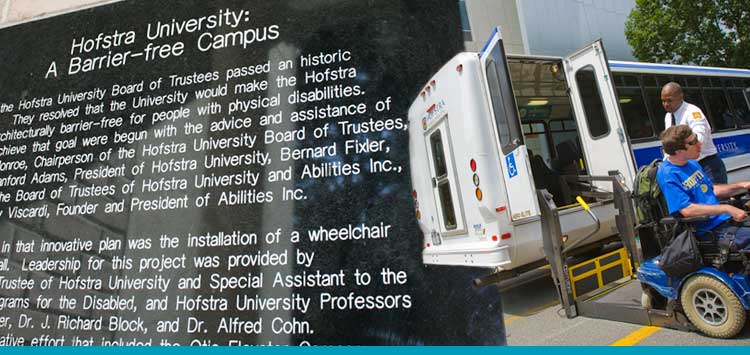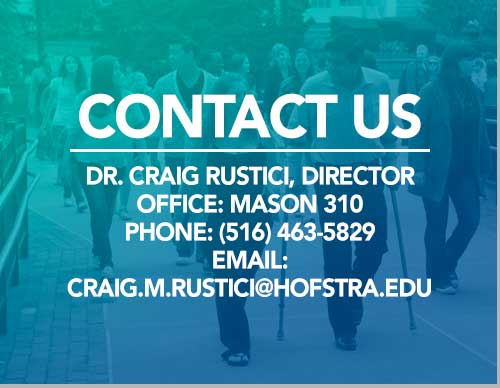Mission Statement
In the simplest terms, the mission of the Disability Studies program is to teach "disability literacy." Put more formally, the program's mission is to help students grasp the field's constitutive concepts and their broad implications for their lives as individuals, as family members, and as members of larger communities, national and global.
Disability Studies is predicated on the distinction between "impairment," an anomaly in the form or function of a particular person's body, and "disability," which comprises social and cultural responses--attitudinal, architectural, legislative, and so on--to anomalous bodies. Thus, medicine and rehabilitation address and may alleviate impairment; society as a whole must address disability. In the field of Disability Studies, disability is understood as a social and cultural construct akin to gender, race, and ethnicity. The Disability Studies program explores how disability is expressed in systems of representation like literature, film, and mass media; defined by legislation; understood by philosophy and ethics; created and accommodated (or not) by economies and methods of production.
Because disability is multi-faceted, the minor is of necessity multi- or inter-disciplinary. The minor's two core courses--Introduction to Disability Studies and Disability in Literature and Culture--aim to provide students with a critical "disability perspective" that should inform and integrate what they learn in electives.
Disability literacy is increasingly important in today's citizens because disability is often a significant factor in current debates over issues such as euthanasia, capital punishment, genetics and eugenics, health care, and welfare. Hence, the Disability Studies program also seeks to equip students to develop informed positions on these matters.

